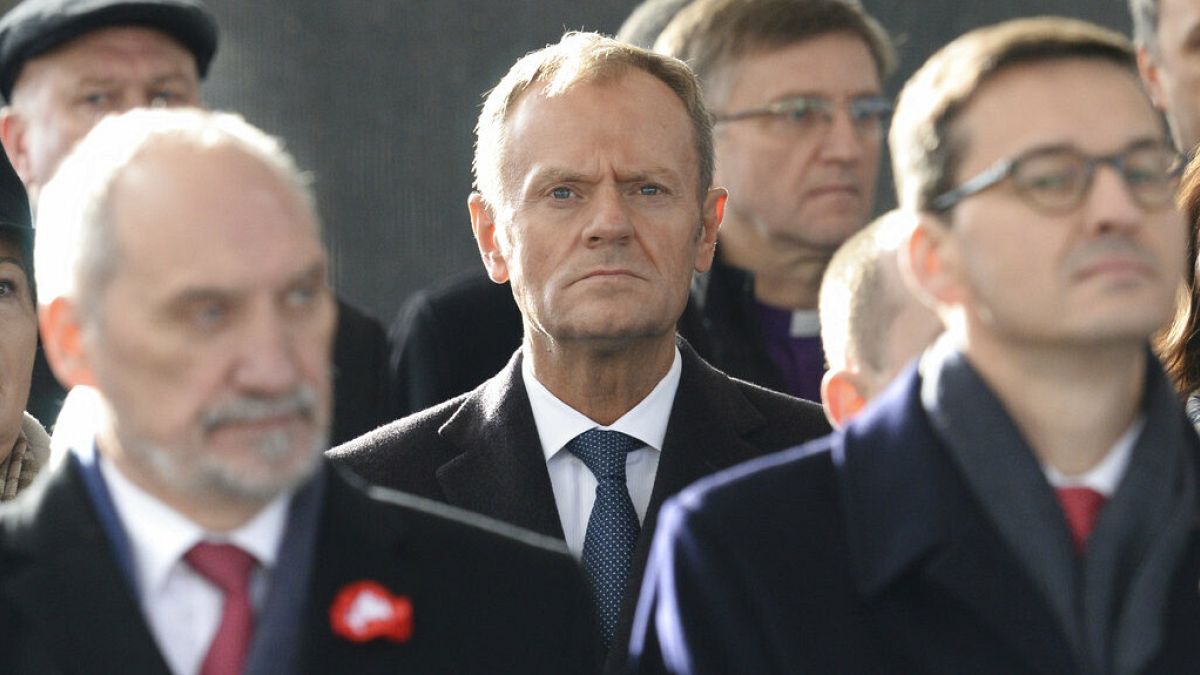The commission investigating Russian and Belarusian interference in Poland has accused former defence minister Antoni Macierewicz of impairing Poland’s defence capabilities before Russia’s invasion of Ukraine in 2022. The commission, led by General Jaroslaw Stróżyk, was established by Prime Minister Donald Tusk to investigate cases of foreign influence on Poland’s politics over the past two decades. The commission’s findings suggest that Macierewicz made decisions detrimental to Poland’s defence, including cancelling important defence projects without expert analysis or consultations.
One of the decisions highlighted by the commission was the cancellation of seven tanker aircraft for Poland’s fleet of F-16 fighter jets by Macierewicz, which reduced their airborne time and defence capabilities. The commission described this decision as “diplomatic treason” and attributed it to Macierewicz’s personal aversion to partners in the EU. Additionally, Macierewicz was blamed for closing 10 out of 15 regional bureaus of Poland’s special services and intelligence in 2017, which impacted their operations negatively.
Macierewicz, a member of the national-conservative Law and Justice Party (PiS), denied any wrongdoing and dismissed the commission’s report as absurd. The wider PiS government, led by Prime Minister Tusk, was accused of disregarding US warnings about Russia’s invasion of Ukraine and not taking proactive defence decisions. There are also allegations that President Andrzej Duda’s office may be withholding information relevant to the investigation into Macierewicz.
In response to the commission’s findings, foreign minister Radosław Sikorski criticized Macierewicz, stating that he should have been in prison for his actions that have harmed Poland. Sikorski suggested that Macierewicz’s actions were detrimental to the country and hinted at his possible ties to foreign agents. The commission plans to refer Macierewicz to prosecutors, who will decide whether to take further action based on the evidence presented in the report.
The commission’s investigation revealed concerns about Russian and Belarusian interference in Poland’s political landscape, particularly in the defence sector. Macierewicz’s decisions, as highlighted by the commission, were seen as damaging to Poland’s national security and defence capabilities. The accusations of “diplomatic treason” and allegations of withholding information by high-ranking officials raise questions about the extent of foreign influence in Poland’s affairs.
Overall, the commission’s report sheds light on the potential vulnerabilities in Poland’s defence sector and the need for greater transparency and accountability in decision-making processes. The referral of Macierewicz to prosecutors marks a significant development in the investigation into foreign interference in Poland, highlighting the importance of addressing such issues to safeguard the country’s sovereignty and security.










